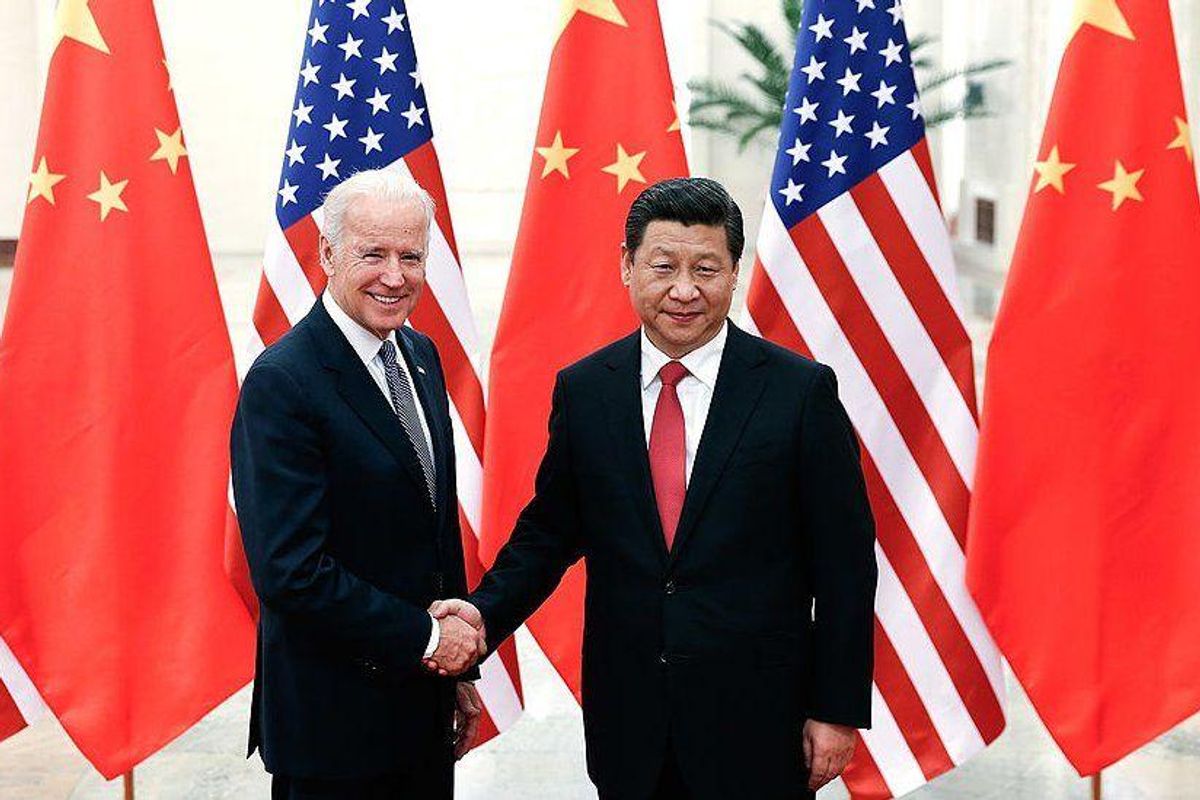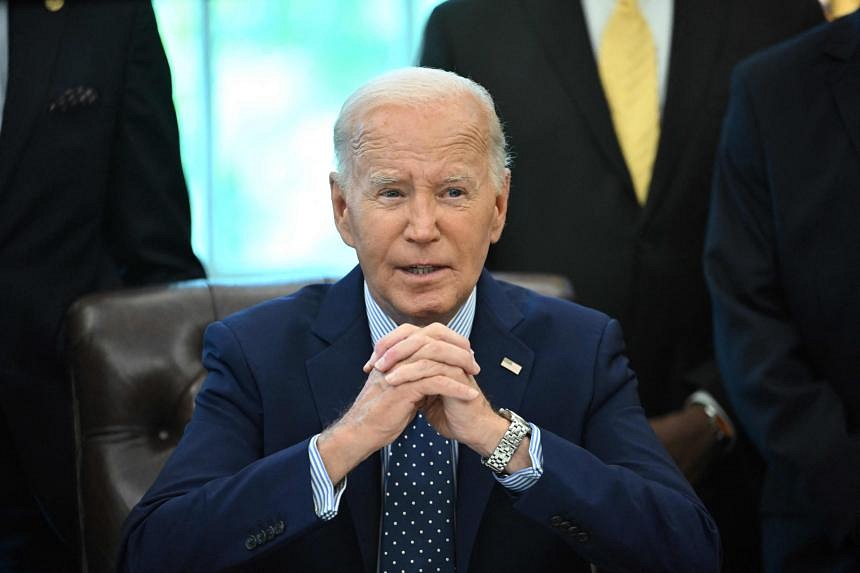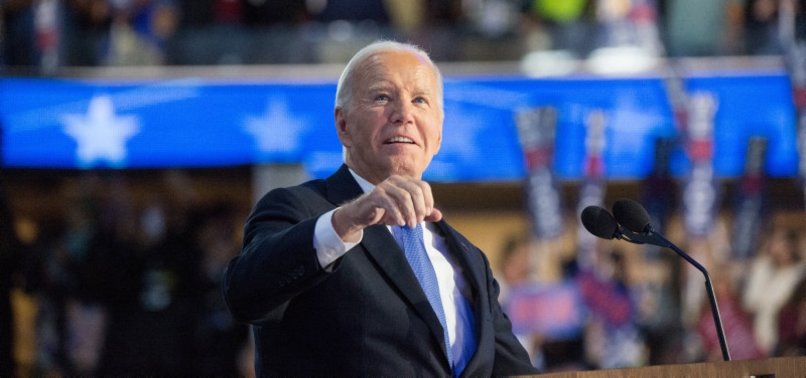President Joe Biden has approved a new U.S. nuclear strategy designed to prepare for potential nuclear confrontations with Russia, China, and North Korea. This strategy, which was quietly approved earlier this year, reflects growing concerns about the rapid expansion of nuclear arsenals in China and the ongoing threats from Russia. The White House confirmed the strategy’s approval, clarifying that it is not a reaction to any single country or threat but rather a broader response to the evolving global nuclear landscape.

Biden’s Nuclear Strategy: A Response to Global Threats
White House spokesperson Sean Savett explained that while the specifics of the new guidance are classified, the existence of the strategy is not secret. The strategy, known as the Nuclear Employment Guidance, was approved by Biden in March and reflects the administration’s focus on maintaining a robust nuclear deterrent. It considers the rapid build-up of China’s nuclear arsenal, which is expected to rival the U.S. and Russian stockpiles within the next decade. Research from the Stockholm International Peace Research Institute indicates that China’s nuclear warheads have increased from 410 in January 2023 to an estimated 500 by January 2024, with further expansion anticipated. In contrast, the U.S. and Russia each have over 5,000 nuclear warheads.
The Arms Control Association, a U.S.-based organization, has stated that the overall U.S. nuclear strategy remains consistent with the 2022 Nuclear Posture Review. Despite the growing threat from China, Russia’s significant nuclear arsenal of approximately 4,000 warheads continues to be the primary driver behind U.S. nuclear strategy. Daryl Kimball, the association’s executive director, noted that U.S. intelligence estimates suggest China may double its nuclear arsenal to 1,000 warheads by 2030, but Russia remains the most significant concern.
Rising Nuclear Tensions with China and Russia
The revised strategy comes amid increasing tensions with both China and Russia. Earlier this year, the U.S. warned its allies that Russia might be considering placing a nuclear weapon in space, signaling a potential escalation in the global arms race. Additionally, the alignment between China and Russia has strengthened, with both nations conducting joint military exercises, including long-range bomber patrols near Alaska and live-fire exercises in the South China Sea.
In a Foreign Policy article, retired Chinese People’s Liberation Army Senior Colonel Zhou Bo argued for cooperation between the U.S. and China on nuclear diplomacy. He emphasized the need for nuclear-armed states to adopt a “no-first-use” policy, which only China and India currently uphold. Zhou’s commentary highlights the delicate balance of power and the importance of diplomatic efforts in preventing nuclear conflict.
The Future of Nuclear Arms Control
The expiration of the New Start treaty, the last major nuclear arms control agreement with Russia, in early 2026, looms large. Without a follow-up agreement, the global arms control landscape could become increasingly unstable. Biden’s strategy reflects the need to address the growing threats posed by multiple nuclear-armed adversaries. Senior administration officials have hinted at the possibility of expanding the U.S. nuclear arsenal if China and Russia continue their current trajectories.

Vipin Narang, an MIT nuclear strategist who served in the Pentagon, underscored the gravity of the situation, stating that Biden’s updated guidance accounts for the significant increase in China’s nuclear capabilities and the simultaneous need to deter Russia, China, and North Korea. Narang suggested that the period following the Cold War might one day be viewed as a brief “nuclear intermission” in what could be a prolonged era of nuclear tension. As global powers continue to expand their nuclear arsenals, the Biden administration’s strategy underscores the critical importance of adapting to the evolving threats and maintaining a robust deterrent to ensure global security.
